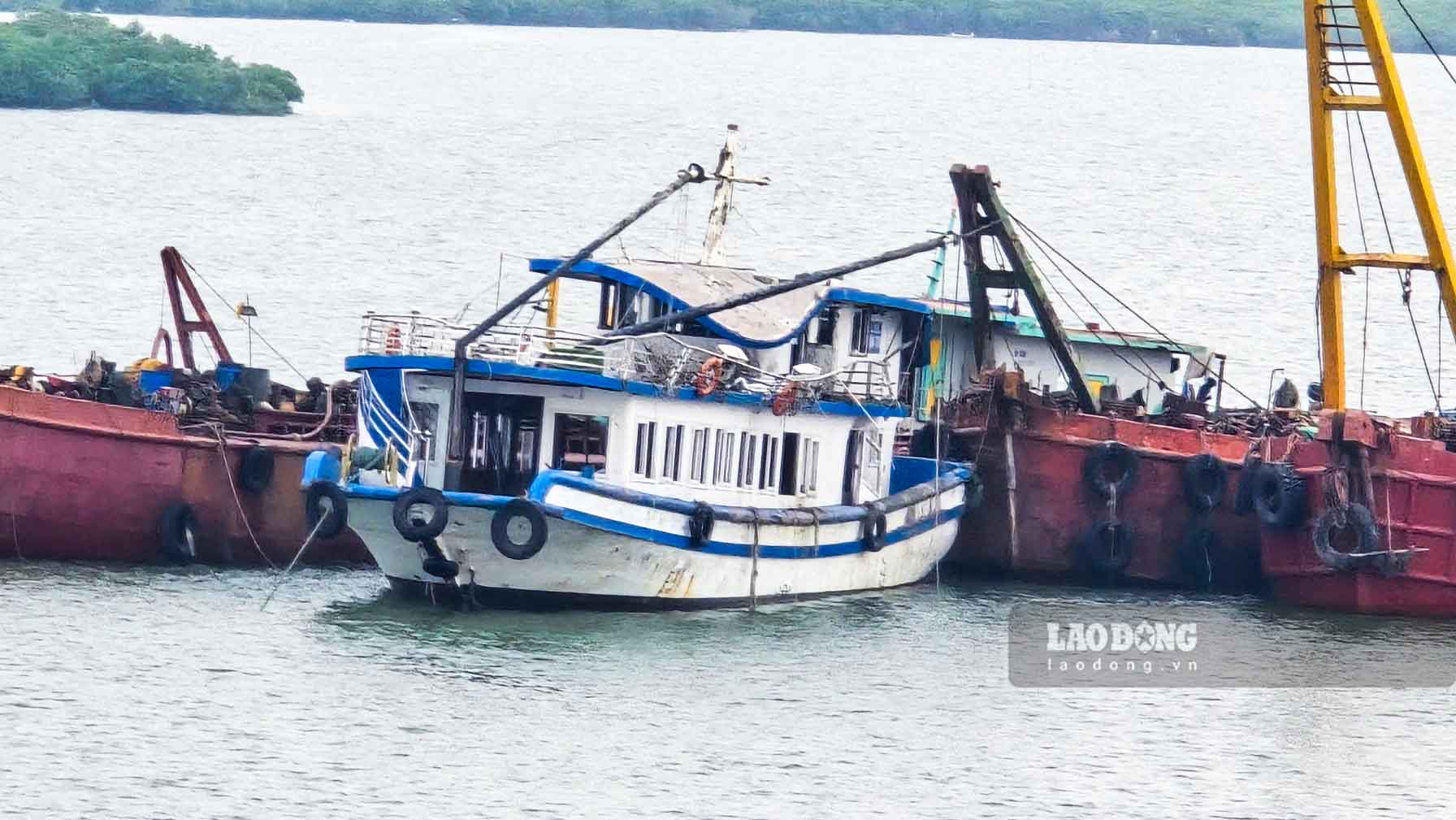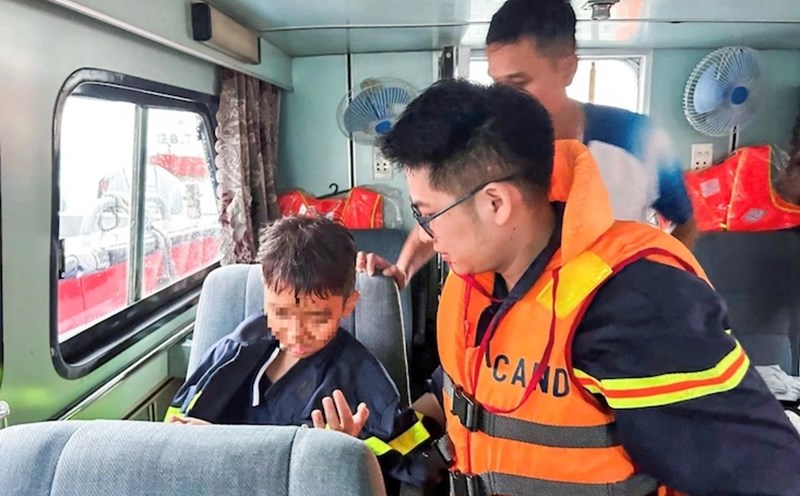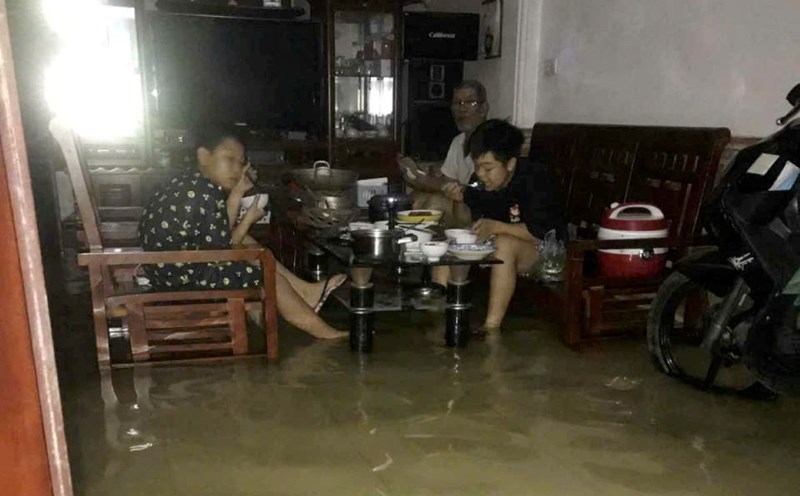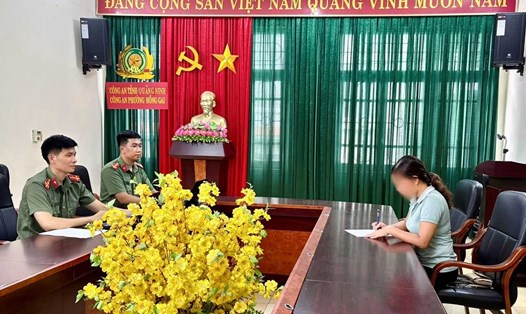In recent days, social networks have appeared articles related to stories and victims of the Green Bay 58 QN-7105 ship capsize in Ha Long Bay, Quang Ninh.
These articles use AI (artificial intelligence) images, often showing the content of people in distress wearing life jackets, floating in the middle of the sea, or images of families on sea tours...
After that, the caption for the photos was based on some details, characters that were real in the tragedy but were fabricated into a script, depicting the mood of the person in distress during the trip, the moment of life and death, and tears after the tragedy occurred.
At the end of the post, there are strange links to "invit" to continue reading. Despite fabricating and making up stories from heartbreaking incidents, these posts still attract tens of thousands of interactions.
Some other Facebook pages have spread videos with the title "close-up of the painful train capsize in Quang Ninh 19.7", "travel boat sinking in Quang Ninh". However, this image was taken during Typhoon Yagi, or used documents about the sunken ship in Congo in October 2024.
There are even accounts using AI to simulate the scene of a ship sinking and a victim falling into the sea, titled "Restoring the scene of a cruise ship accident in Quang Ninh", causing outrage.
This information caused public outrage and confusion. Many people criticize some individuals and organizations for being unethical in order to interact.
Singer Thai Thuy Linh herself also accidentally shared a photo of some children standing on a tourist boat and sent her condolences to the victims of the train capsize in Quang Ninh. After that, the singer apologized for posting the wrong photo of another family, causing many people to mistakenly believe that this was a victim in the train capsize.
She admitted that "everything can happen, it can happen accidentally but there is no shortage of people who deliberately take advantage even in tragic events, and in emergency situations and emotions beyond the normal threshold, it is easy to sympathize and believe it is true".
On July 21, the Department of Cyber Security and High-Tech Crime Prevention, Quang Ninh Provincial Police verified and worked with citizen N.H.A.T after this person used his personal Facebook account to make false comments about the number of people killed in the train capsize.
The content of this comment quickly spread, disrupting information, negatively affecting people's psychology and affecting the efforts of the authorities who are directly rescuing and saving at the scene.
The police agency determined that the posted content was completely baseless, not cited from official sources, violating legal regulations on information on cyberspace. Pursuant to Point a, Clause 1, Article 101 of Decree No. 15/2020/ND-CP (amended and supplemented in Decree No. 14/2022/ND-CP). The authorities have completed the dossier to handle administrative violations against citizen N.H.A.T according to regulations.

According to SCMP, the consequences of editing and using staged AI on individuals and incidents are very serious, affecting social trust, causing public confusion and posing a potential risk of information manipulation.
The World Economic Forum predicts that by 2026, it is possible that up to 90% of online content will be created using AI (artificial intelligence).
Many people believe that the main targets of deepfake attacks and AI phishing are celebrities or famous people.
However, Kaspersky's cybersecurity experts have pointed out that phishing (fake attacks) is increasingly sophisticated, large language models (LLM) allow attackers to create images and content with convincing messages, with accurate grammar, logical structure, and smooth context.










